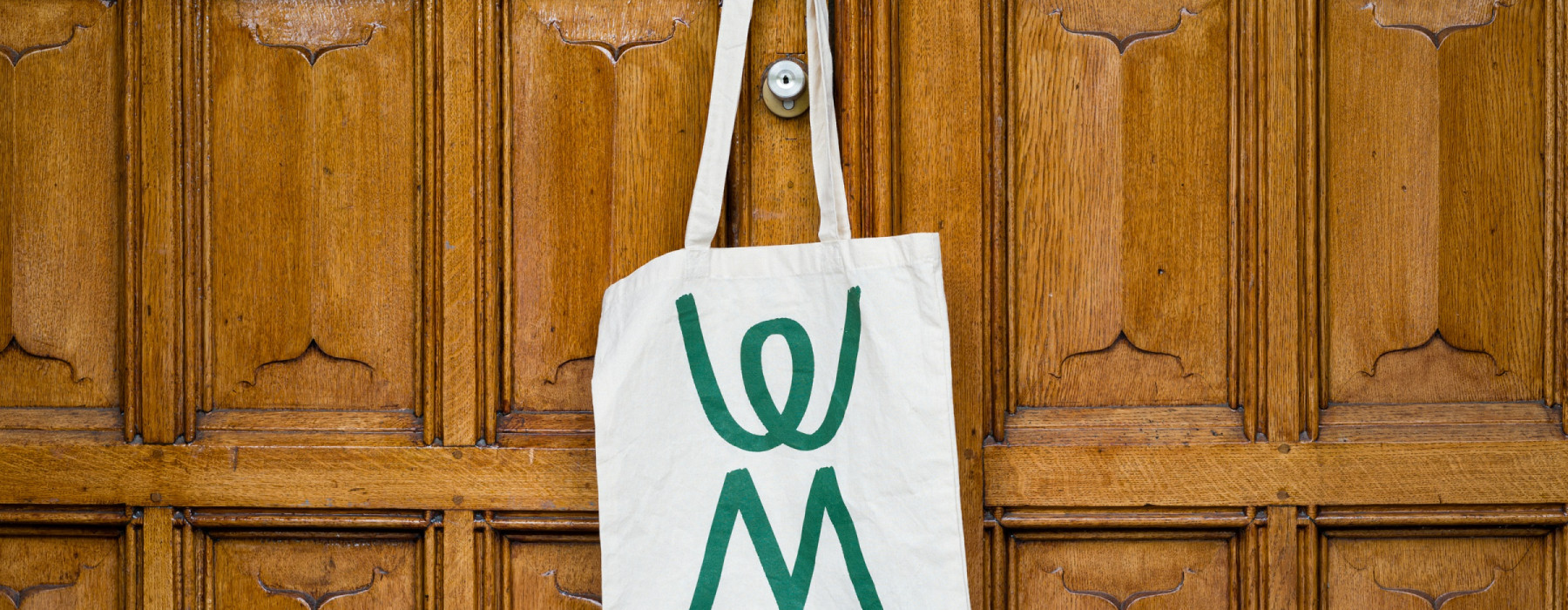Under the new collective name, the museums are future-proof and looking forward to a year of great programming on themes that impact daily lives around the globe.
For a start, Wereldmuseum locations are programming various activities during Black Achievement Month this autumn. The central focus is on narratives about slavery and its legacy, but there is also room to look to the future. Highlighting various art forms from the Black community paves the way to finding (or re-finding) dignity.
On 30 November, Wereldmuseum Rotterdam opens the exhibition Colonialism and Rotterdam, which shows how the global legacy of colonialism continues to influence the city, where local, national, and international histories converge. About the city’s growth as a result of colonialism and Rotterdam’s quays as a place of departure and arrival. And about the impact of the colonial past on traditions and new urban culture, how the glorification of the past is reflected in streets and museum collections, and what the impact is on ideas and social relations.
In the coming year, Wereldmuseum Leiden and Wereldmuseum Rotterdam will focus on contemporary African art. A change seems to be happening. Where the first generation of modernist artists searched for their own identity within a postcolonial world, contemporary artists are pushing back against cultural assimilation and creating an autonomous perspective. The exhibitions reflect on current social discussions around global themes such as cultural heritage, migration, and decolonisation.
In May 2024, Wereldmuseum Amsterdam will launch its Martial Arts exhibition. Martial arts are quintessentially a form of intangible cultural heritage: as a tradition, meditation, sport, self-defence, and body culture. Martial arts appear in different forms around the world. Some have an ancient history, and more than one has become popular in continents other than where it originated. Seeing how similar cultural phenomena occur in different places can make us reflect on what it means to be collectively human.
